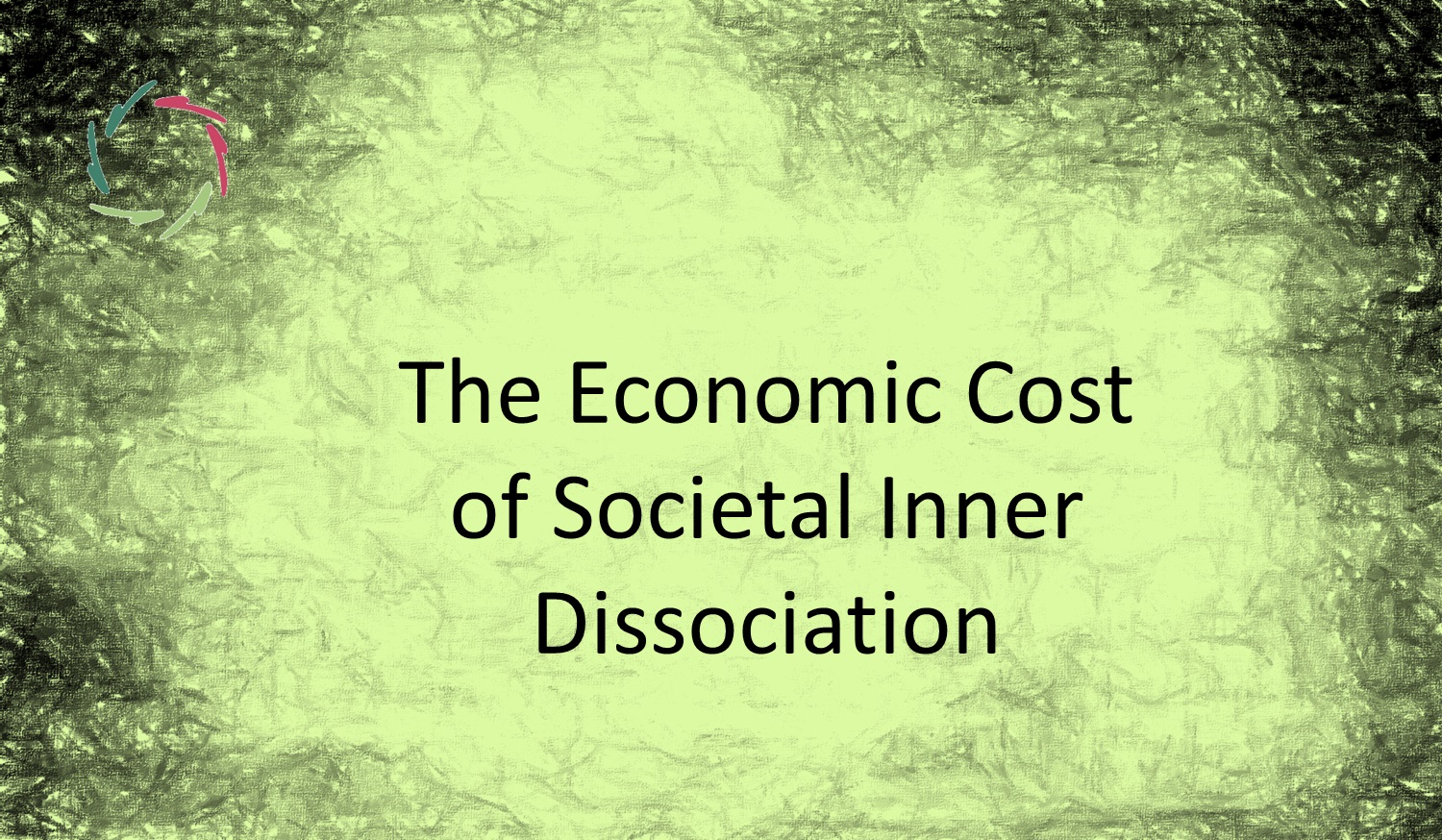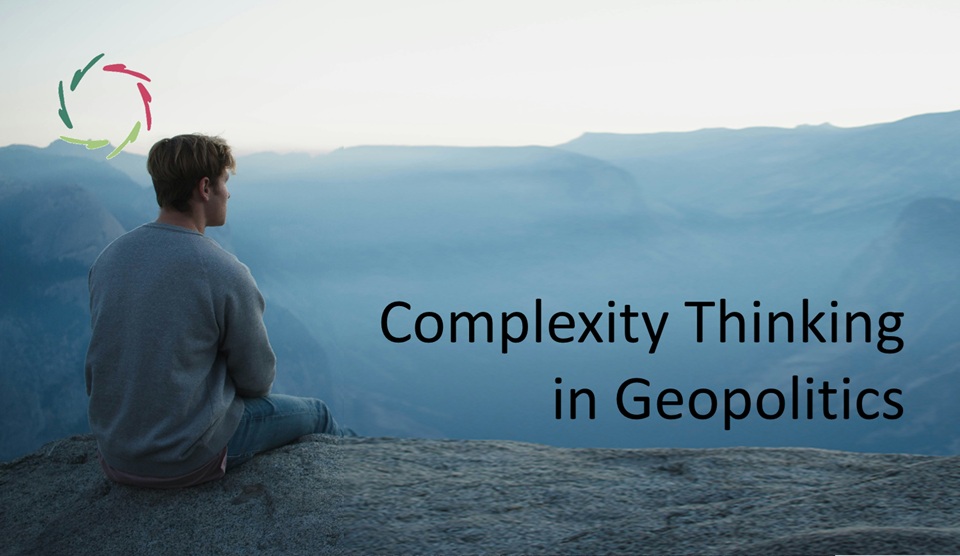Societal Inner Dissociation and the Crisis of Authentic Leadership

Societal Inner Dissociation (SID) impacts leadership at all levels, from government to corporate environments. No wonder the world is facing a crisis of leadership, where many leaders appear disconnected from the deeper needs and values of the people they serve.
The present blog discusses the qualities of authentic leadership that can mitigate SID. Such leadership is deeply integrated within itself and capable of guiding societies toward greater cohesion, trust, and stability. This blog is part of the *SID* series. Please read the primary blog of this series for a basic understanding of Societal Inner Dissociation (SID).
The disconnect in leadership
Many leaders are themselves products of a dissociated society. They often rise to power within systems that reward superficial qualities – such as ambition or surface-level networking – over authentic connection, empathy, or wisdom. As a result, they may be ill-equipped to address the deeper, more complex needs of the communities they lead. This lack of inner integration can lead to leadership that is reactive, short-sighted, and disconnected from the true well-being of society.
When leaders are disconnected from their own deeper values, their decision-making tends to reflect this dissociation. Policies and actions may be designed to address surface-level issues or to achieve immediate results without considering the long-term impact on societal cohesion and well-being. This can lead to a vicious cycle where dissociated leadership exacerbates SID within the broader society, further undermining trust and stability.
Consequences of dissociated leadership
When leaders are out of touch with the deeper needs of their people, the entire fabric of society can begin to unravel. One of the most immediate consequences of dissociated leadership is the erosion of trust. When people sense that their leaders are not genuinely connected to their needs or are acting out of self-interest, trust in leadership and institutions begins to deteriorate. This erosion of trust can lead to widespread cynicism, disengagement, and even civil unrest as individuals feel increasingly alienated from those in power.
Dissociated leadership can also contribute to the fragmentation of society. When leaders prioritize the interests of specific groups – whether for political gain, financial benefit, or ideological alignment – over the common good, societal divides deepen. This fragmentation can manifest in increased polarization, where different segments of society retreat into opposing camps, making it harder to find common ground or work together toward shared goals.
Another consequence of dissociated leadership is the focus on short-term gains at the expense of long-term well-being. Leaders who are not deeply connected to their own values or the needs of their people may prioritize policies that produce immediate, visible results, even if they are detrimental in the long run. This short-termism can lead to decisions that sacrifice sustainability, equity, and the overall health of society for quick wins or temporary boosts in approval ratings.
Qualities of authentic leadership
Authentic leaders are deeply self-aware. They have a clear understanding of their own values, strengths, and limitations, and they lead from a place of inner alignment. This self-awareness allows them to make decisions that are not only effective but also congruent with their deeper principles, fostering trust and respect among those they lead.
Empathy is a cornerstone of authentic leadership. Leaders who are able to understand and genuinely care about the experiences and needs of others are better equipped to create policies and initiatives that truly serve the common good. Empathy enables leaders to connect with people on a human level, bridging divides and fostering a sense of shared purpose and unity.
Integrity is also essential for building trust and fostering societal cohesion. Authentic leaders are those who consistently act in accordance with their values, even when it is difficult or unpopular to do so. Authentic leaders are not only grounded in the present but also have a clear vision for the future. They are able to look beyond immediate concerns and consider the long-term impact of their decisions. This visionary approach helps to ensure that policies and actions are sustainable and that they contribute to the overall health and stability of society.
Examples of integrated leadership
Throughout history and in contemporary contexts, there have been leaders who exemplify the qualities of authentic, integrated leadership. These leaders, by addressing SID within themselves and their societies, have successfully fostered unity, resilience, and long-term well-being.
Nelson Mandela
Nelson Mandela is often cited as an example of authentic leadership. His ability to forgive and work towards reconciliation, even after decades of personal suffering, reflects a deep integration within himself. Mandela’s leadership helped to unite a deeply divided South Africa, setting the stage for a more cohesive and inclusive society.
Jacinda Ardern
New Zealand’s Prime Minister Jacinda Ardern has been praised for her empathetic and Compassionate leadership, particularly in times of crisis. Her response to the Christchurch mosque shootings and her handling of the COVID-19 pandemic demonstrate a leadership style that is deeply connected to the needs and values of her people, fostering trust and solidarity.
Mahatma Gandhi
Mahatma Gandhi’s leadership during India’s struggle for independence is another example of integrated leadership. Gandhi’s commitment to non-violence and his ability to mobilize millions of people around a shared vision of freedom and dignity reflect a deep alignment with his own values. His leadership not only brought about significant social and political change but also inspired a sense of unity and purpose within Indian society.
In short
The crisis of leadership that we face today is deeply intertwined with SID. To address this crisis and foster a more cohesive, resilient society, we need leaders who are deeply integrated within themselves and who lead with empathy, integrity, and a long-term vision. By cultivating these qualities of authentic leadership, we can mitigate the effects of SID and guide our societies toward greater unity and stability.
Lisa is ready for all personal coaching ― of course, without manipulating anyone.


